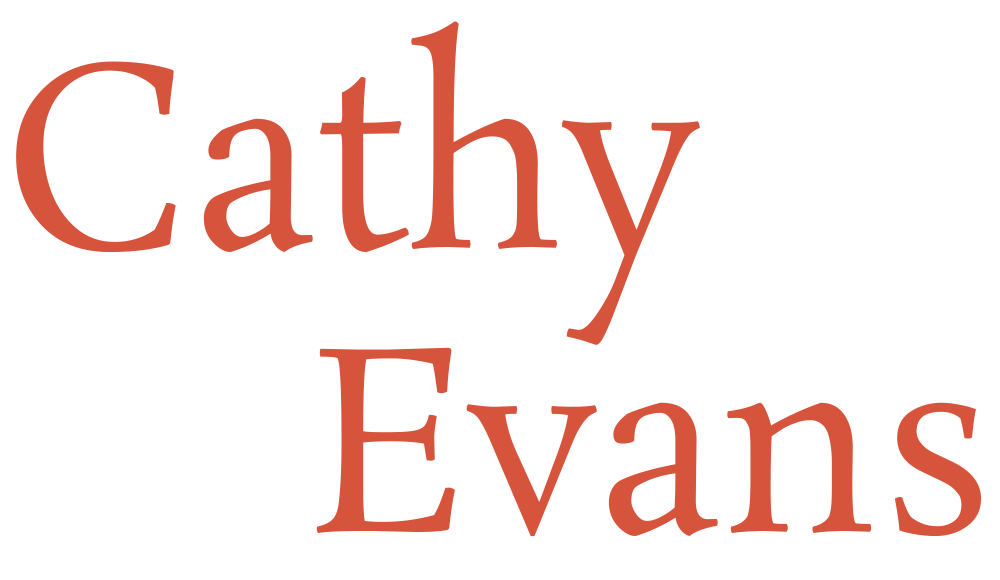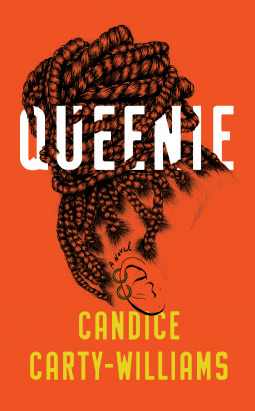There have been so many. But here are some that have stayed with me all my life. In no particular order:
I, Claudius and its sequel, Claudius the God by Robert Graves
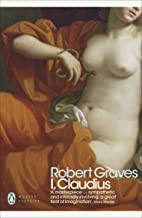
My father loved these books, and read them periodically, and now that he’s gone to ground (RIP, Dad), reading them feels like a little portal connecting me to him. They are so ridiculously absorbing that in the midst of reading, real life with all its humdrum demands feels like a gross intrusion.
I lived in Malawi as a teenager, with no TV, but we had a video player, and my uncle used to send us various things recorded on old VHS tapes. It was always a mixed bag; Minder, the Sweeney (I was a big Dennis Waterman fan), Only Fools and Horses, and we also had a small collection of movies, which we watched over and over. The Pink Panther, The Duchess and the Dirtwater Fox, The Sound of Music, Beverly Hills Cop, Come September…
One summer holiday, he sent us home with the complete BBC dramatisation of I, Claudius starring Derek Jacobi as the stuttering emperor. We couldn’t imagine wasting 12 hours of our lives watching such boring rubbish, but my mum persuaded my sister and I (she was 13, I was 15) to give the first episode the 10-minute test after supper one evening. We were still watching at 5am the following morning, taking it in turns to make each other cups of strong instant coffee. (Yes, we are rather an obsessive family.)
The God of Small Things Arundhati Roy
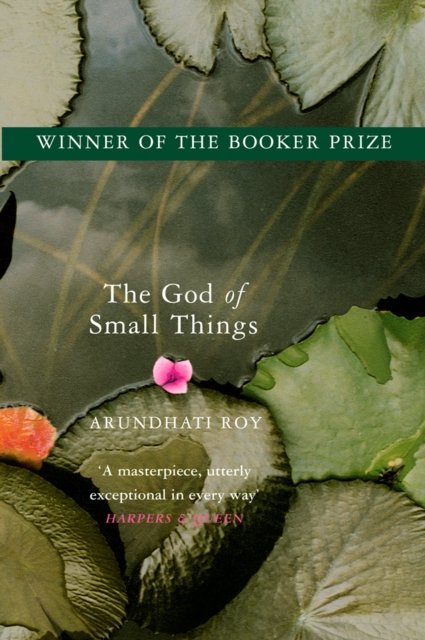
It’s hard to describe how much this book affected me. I was in my twenties, and it haunted me for weeks. I find myself thinking about it at odd times. Told in fragments, with flashbacks, it’s like a disturbingly awful but beautiful dream.
Viktor Frankl’s Man’s Search For Meaning
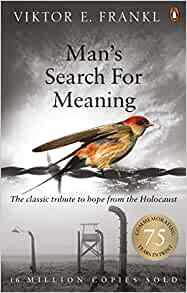
Jonathan Strange & Mr Norrell by Susanna Clarke
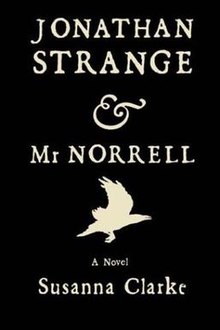
I remember reading a review of this book, which described it as ‘Harry Potter for adults,’ but this comparison wholly misses the mark. The Harry Potter books are fabulous (although blimey, JKR should have had a better editor) but this book is on a different plane. Susanna Clarke’s feat is extraordinary, as this is at once an alternative history, a magical fantasy and a study of manners in which she has constructed an entirely plausible world of nineteenth century magic, complete with diversionary references and footnotes. It’s a whopper of a book, a wholly immersive experience, full of memorable characters, some real and others imagined, and I felt bereaved when I finished it, as it had become a companion and I longed for it to continue. She subsequently wrote a collection of short stories, The Ladies of Grace Adieu, which I seized on as soon as they were published, and very imaginative and enjoyable they were, but it’s hard to lose yourself in a short story in quite the same way. What a writer, what a book – I hope she writes another one.
Saraband for Two Sisters by Philippa Carr
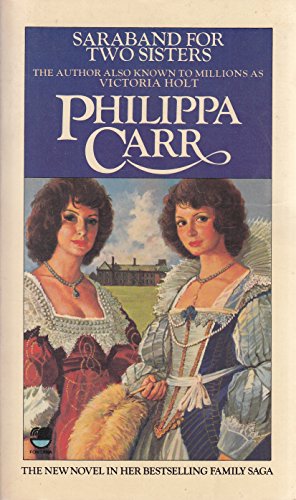
I should try and read this book again, but I suspect it has dated somewhat since I read it as a teenager. Philippa Carr was one of the many pen names of Eleanor Alice Burford, Mrs. George Percival Hibbert. To call her prolific is an understatement; she wrote around 200 books, most of them in the name of Jean Plaidy, where she characterised the French and English kings, queens and nobles, without distorting historical fact (or at least not that I could detect). For me, they humanised many of the unreachable figures of history; for example, after reading Madame Serpent, the story of the murderous Catherine de Medici, I found I had a great deal of sympathy for her, despite the truly appalling things she did.
The Daughters of England series begins during the reign of Henry VIII with Miracle at St. Bruno’s, and each book tells the story of a succeeding generation of women from the same family whose lives are intimately affected by the turbulent events of English and French history. Saraband for Two Sisters is the fourth in the series, and features identical twins Angelet and Bersaba, who find themselves on opposite sides during the English Civil war. Its no exaggeration to say that the conclusion of this book was so moving that I fell into a mini-depression for weeks. I’m much older and far less sentimental now, so I doubt it would have the same effect these days, but it’s definitely one I should revisit.
